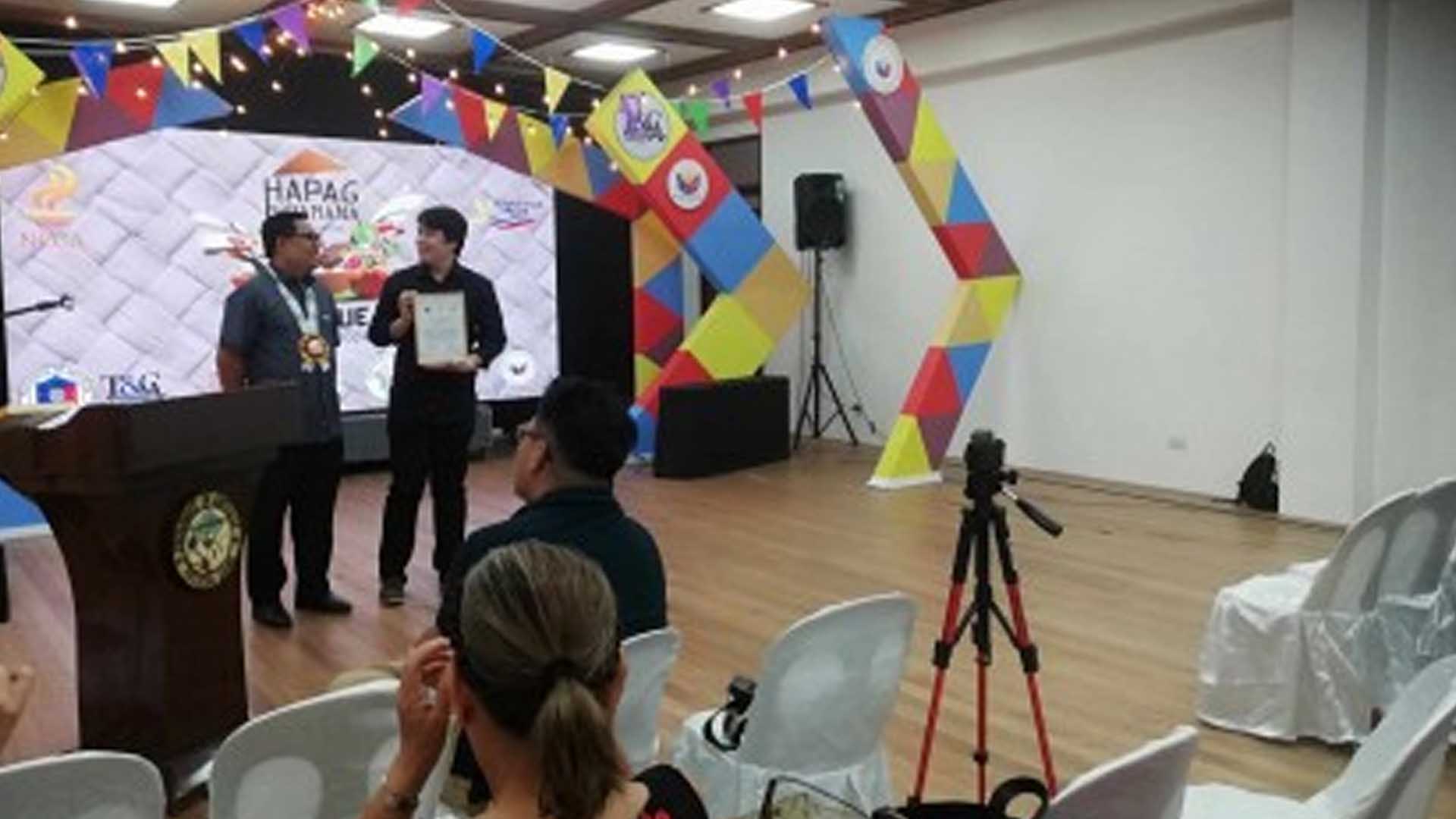The rich food preparations in Antique could be the ticket for its inclusion in the country’s food heritage map.
“Antique has not only an intact ecology, with pristine water and environment, but the food preparation is also rich,” said National Commission for Culture and the Arts (NCCA) Commissioner Arvin Manuel Villalon on Tuesday.
NCCA chose Antique as the venue for the April 28-30 closing ceremony of the Filipino Food Month, mandated under Proclamation Order 469.
He said hosting the ceremony was already a springboard for the inclusion of the province in the country’s food heritage map.
They learned that Antique has a rich culinary heritage, like the “pinindang” or the unsalted dried fish fry listed in the Ark of Taste.
“The rice-based desserts like “sapal” or fermented rice and food related to rituals or healing by the indigenous people are also good to be mapped,” Villalon said.
Antique also needs to label its products for people to know they are from the province., he added.
“The preserved food preparations of Antique will be documented in the cultural mapping led by the University of the Philippines in the Visayas (UPV) with the University of Antique and the local government unit as overseer,” he said.
The cultural mapping that started before the pandemic and will culminate in August this year includes the documentation of the rich food preparations in Antique.
Senator Loren Legarda, in her message read by NCCA Special Projects Unit Head Mark Omaña at the start of the three-day event on April 28, said that “the cultivation, preparation, and partaking of food are intricately interwoven with our cultural identity, our traditions, our values, and even our stewardship of nature.”
Legarda, who authors Senate Bill 244 or the proposed Philippine Culinary Heritage Act, hopes to promote Filipino culinary practices in the education system and preserve native ingredients and cooking methods. (PNA)








